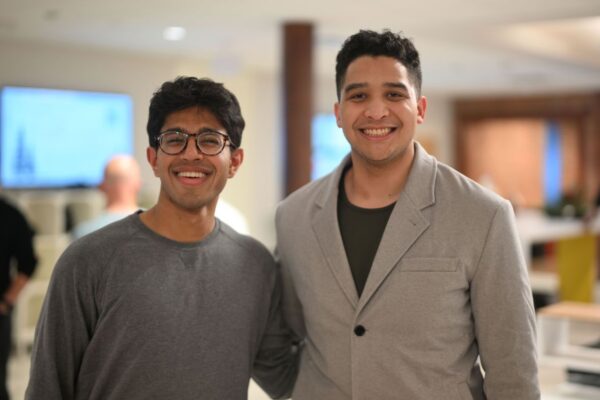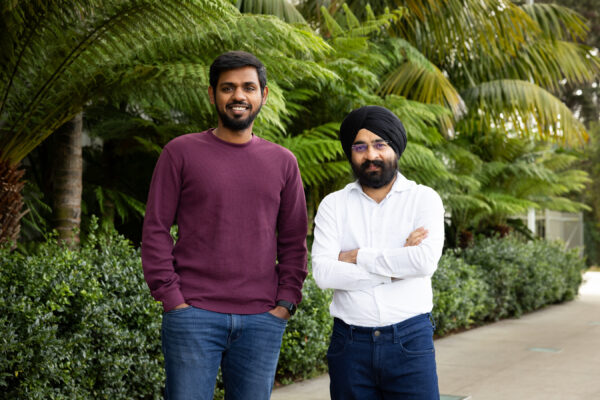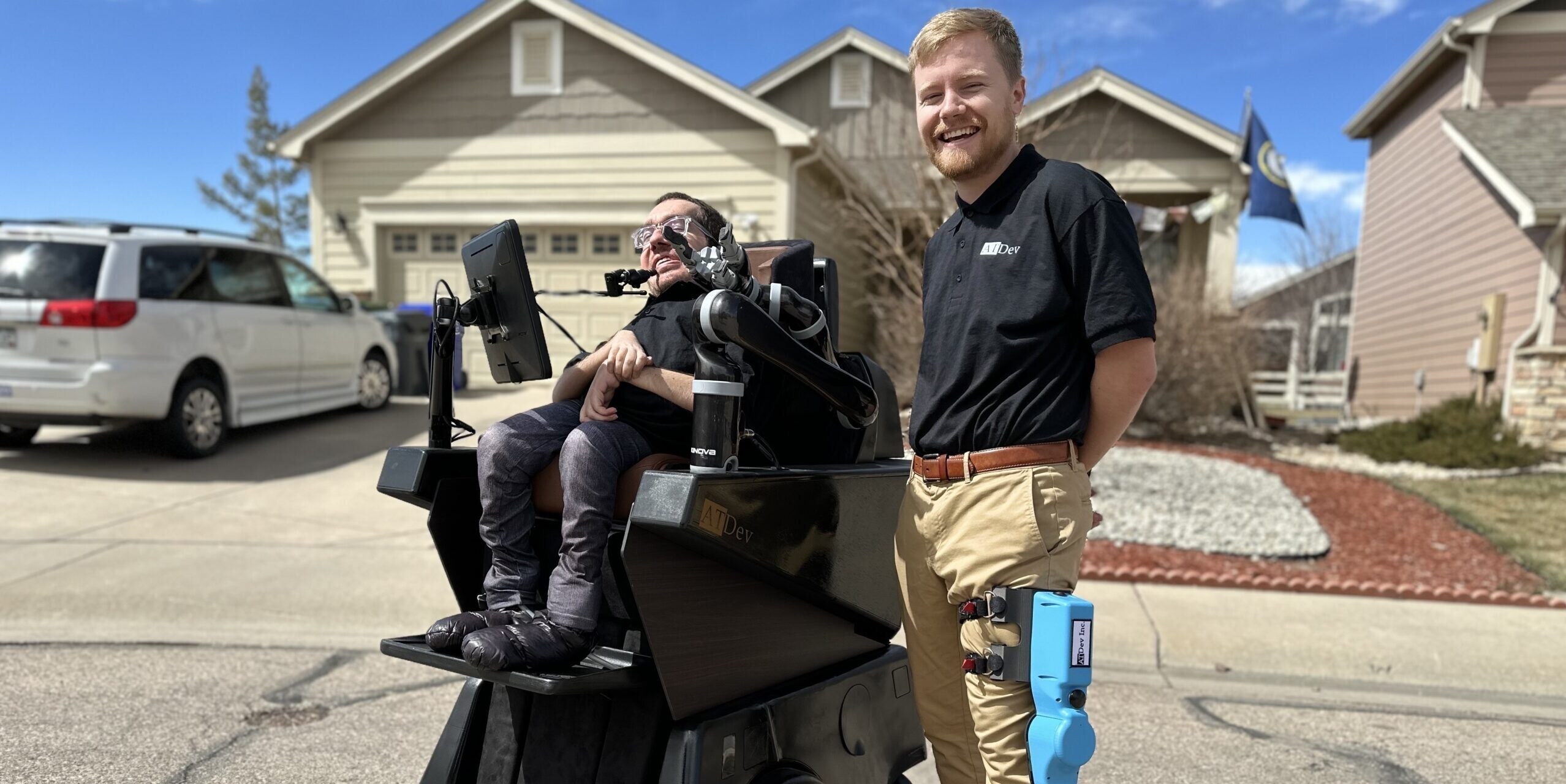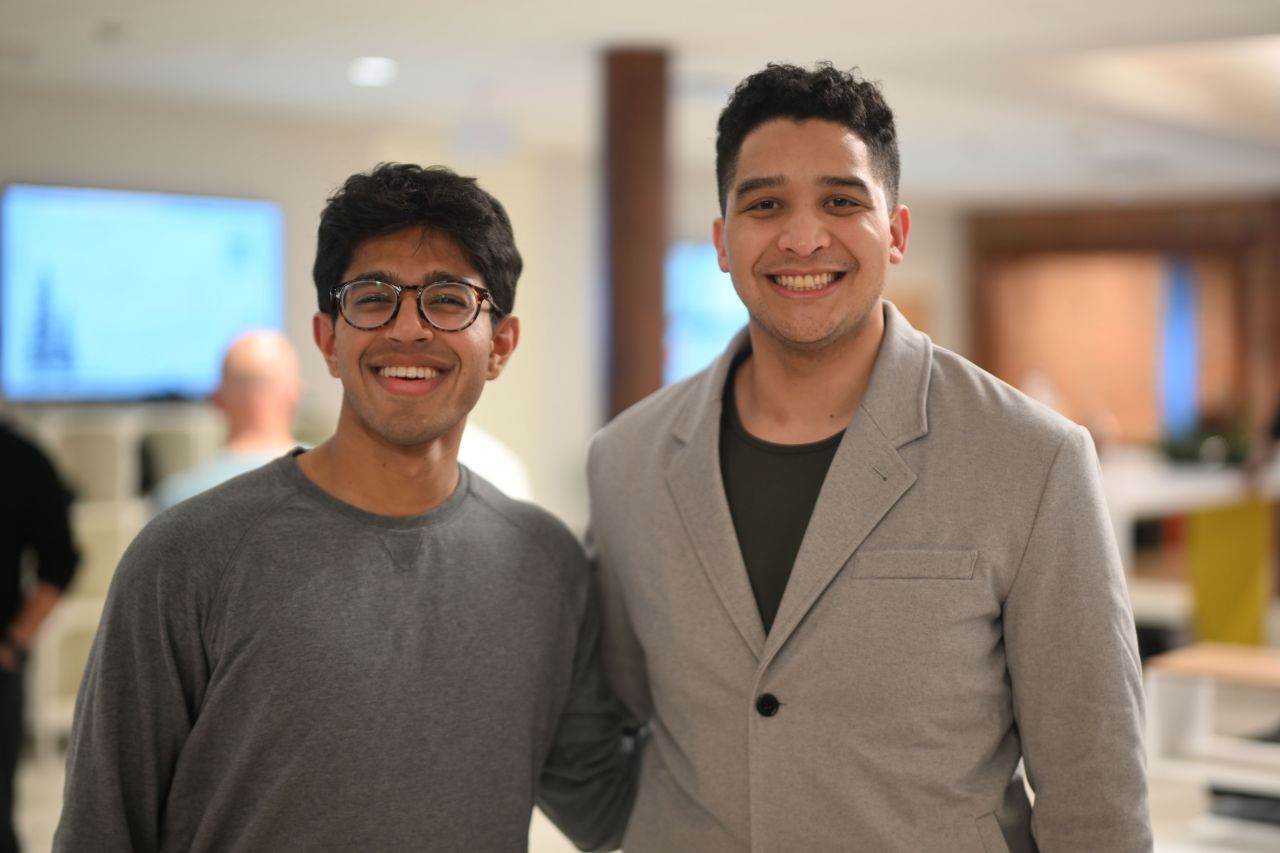In a market ripe for disruption, Assistive Technology Development, Inc. (ATDev) is carving a distinct path forward with its AI-driven rehabilitation and mobility solutions. The Orange, California–based startup recently closed a $3 million seed round led by Dobrzelecki Legacy Ventures, alongside contributions from Uphonest Capital, The Life Science Angels, and a consortium of industry veterans. This fresh capital injection aims to accelerate the expansion of ATDev’s assistive mobility ecosystem—a fusion of robotics, wearable tech, and telehealth designed to reimagine independence for individuals with physical challenges.
Co-founder and CEO Todd Roberts underscores the company’s ethos: “This investment is a major milestone in our mission to deliver mobility for all, empowering people of every ability to live independently through cutting-edge, affordable technology.” With the backing of investors who share a vision that access to movement is a fundamental human right, ATDev is positioned to tackle a pressing societal challenge.
At the heart of ATDev’s innovation is Reflex, an at-home knee rehabilitation robot that enables users to access high-quality physical therapy without stepping into a clinic. By blending smart robotics with remote monitoring, Reflex exemplifies the shift toward more accessible, patient-centered care. Co-founder and CMO Owen Kent highlights the scale of the opportunity: “More than 61 million Americans live with disabilities, and 10,000 Americans turn 65 each day. Traditional mobility devices are often bulky and expensive—our long-term vision is a world where ability is never limited by cost or infrastructure.”
Industry Perspective
ATDev’s approach arrives at a pivotal moment for assistive technology. The demographic trends—rapid aging populations and increasing chronic conditions—are expanding demand for innovative mobility solutions that extend beyond clinical settings. What sets ATDev apart is its holistic ecosystem, integrating robotics with telehealth, a combination that promises continuous rehabilitation and mobility support tailored to individual needs.
The $3 million seed round not only validates investor confidence but also fuels product development and go-to-market strategies in a sector that has long struggled with affordability and accessibility. If ATDev can scale effectively, it stands to democratize assistive mobility and disrupt a market traditionally dominated by cumbersome devices, opening new avenues for user autonomy and quality of life.
Moreover, the startup’s UC Berkeley roots hint at a strong foundation in research and technology transfer, an asset that can accelerate innovation cycles and partnerships with healthcare providers. The challenge will be navigating regulatory pathways and reimbursement models—critical factors in scaling adoption among diverse populations.
ATDev’s mission-driven leadership and cutting-edge product roadmap position it well to become a leader in assistive robotics, a space increasingly viewed as essential to the future of inclusive healthcare.
If you need further assistance or have any corrections, please reach out to editor@thetimesmag.com.











